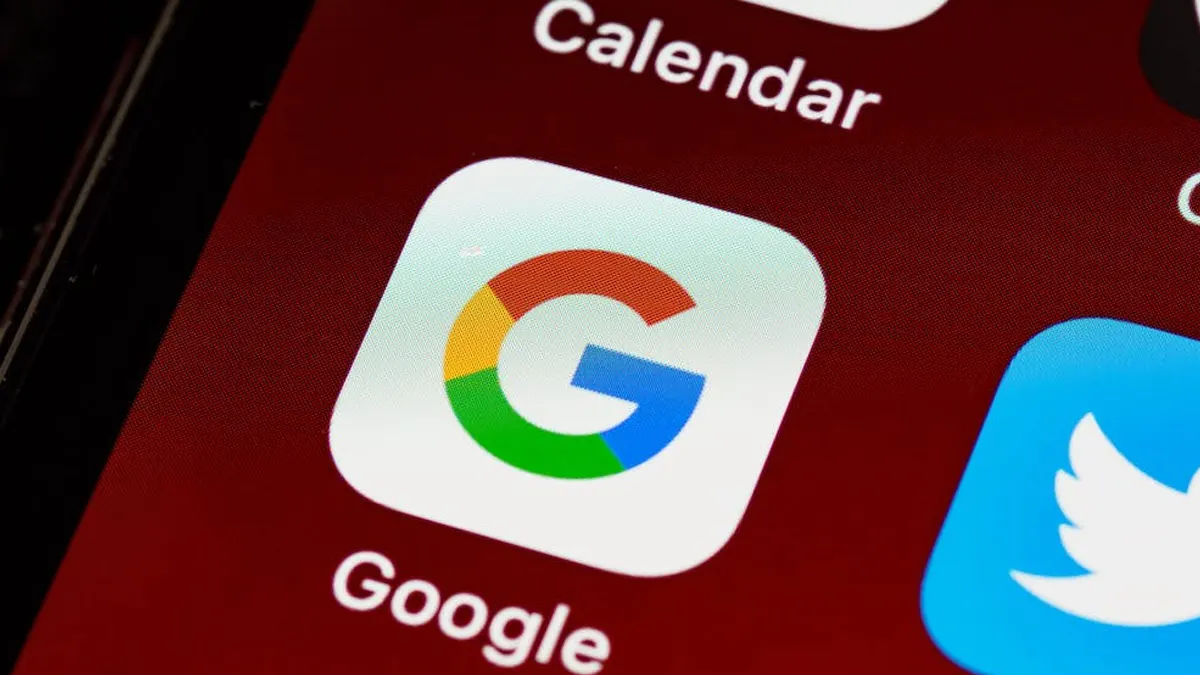Introduction:
Reports suggest that Google, the tech behemoth, is on the cusp of unveiling an innovative artificial intelligence (AI) tool designed to provide valuable “life advice,” effectively functioning as a “personal life coach.” This new offering, alongside an array of other AI chatbots geared toward writing and tutoring, is poised to broaden Google’s AI portfolio.
Advancements in Generative AI:
In its ongoing pursuit of pioneering research in generative AI systems, Google is reportedly developing these new tools to rival competitors such as Microsoft and OpenAI, the latter known for its ChatGPT technology. By integrating features from chatbots like OpenAI’s ChatGPT and Google’s own Bard, the tech giant is experimenting with creating an AI-powered personal life coach that can offer guidance on diverse subjects, from professional choices to interpersonal matters.
Collaboration and Rigorous Testing:
In a bid to ensure the viability and efficacy of these new “life coach” chatbots, Google has partnered with Scale AI, an AI training company. The extensive testing process involves over 100 experts possessing doctoral degrees across various domains. The New York Times has been the first to report on these developments, shedding light on Google’s ambitious endeavor.
Challenges and Concerns:
While the emergence of AI chatbots, most notably OpenAI’s ChatGPT, has spurred the interest of tech giants like Google, Facebook, and Snapchat, concerns surrounding the accuracy and privacy of these tools have been raised. Instances of “AI hallucination,” where chatbots generate fictional or misleading information, have triggered apprehension among experts. A case in point involved an AI chatbot from a non-profit organization dedicated to aiding individuals with eating disorders, which inadvertently provided harmful advice.
Straying from Guidelines:
Google’s upcoming AI-powered life advice tool seems to deviate from the current guidelines set for its Bard chatbot. These guidelines caution users against relying on the AI’s responses for critical matters like medical, legal, financial, or professional advice. Furthermore, Google advises users against sharing “confidential or sensitive information” during their interactions with the chatbot.
Conclusion:
As Google delves deeper into the realm of AI-driven solutions, its foray into offering personalized life advice signifies another stride forward. While the company’s ambition to provide users with AI-driven guidance is clear, the challenges of maintaining factual accuracy and ensuring privacy remain significant hurdles. As the AI landscape continues to evolve, the ultimate impact of Google’s innovative endeavor remains to be seen.









